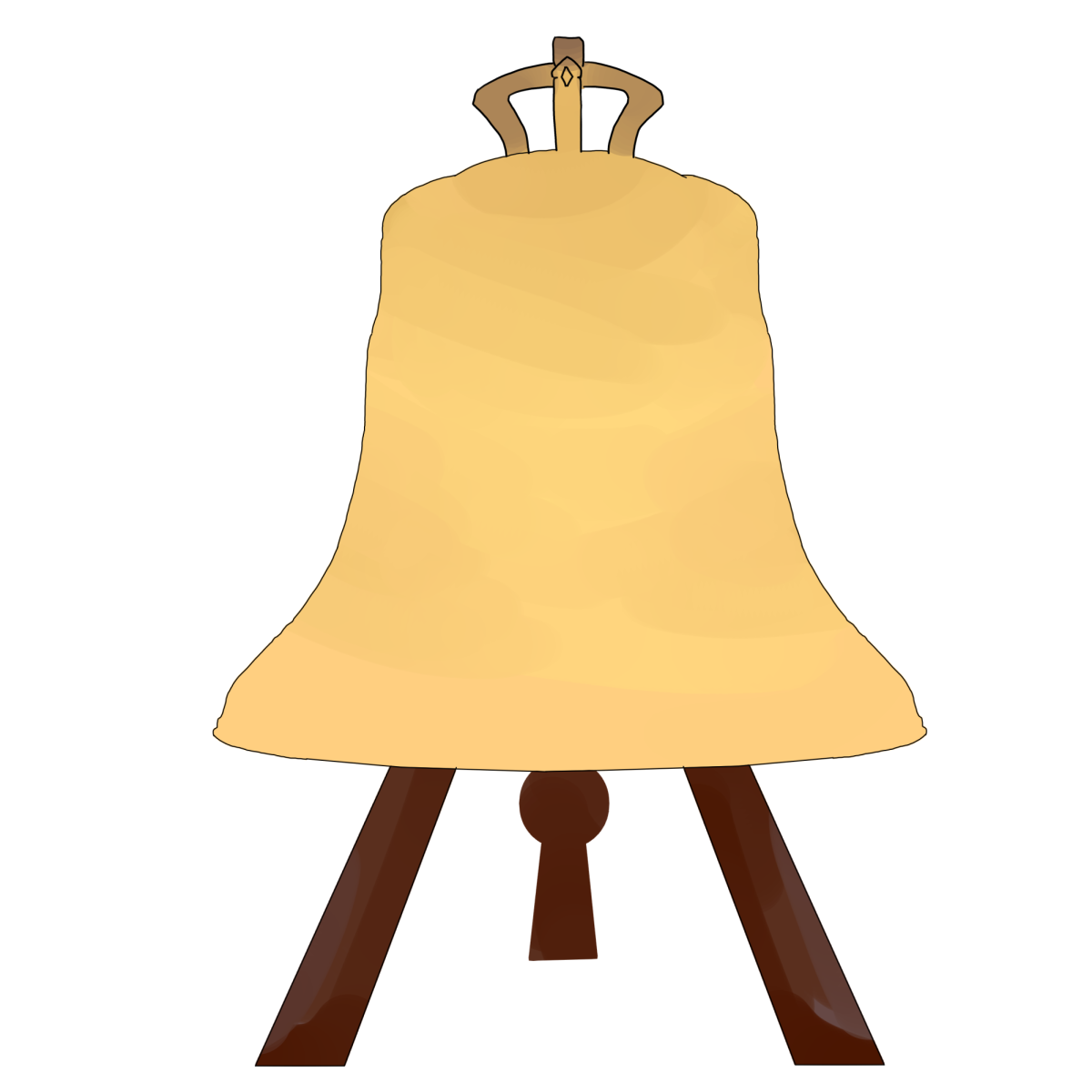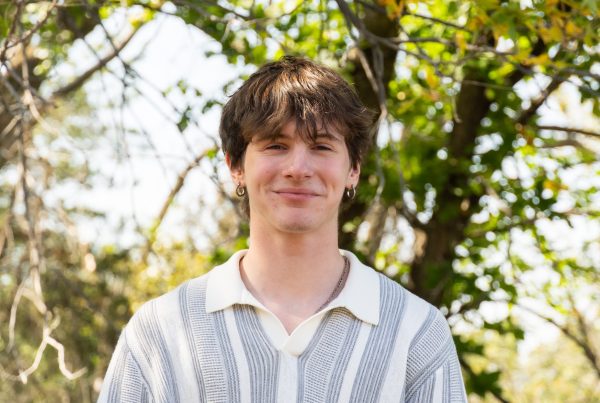The pursuit of happiness ultimately lies in the experiences and relationships we choose to build throughout life. The question of whether or not money can buy happiness has been interpreted differently throughout history, but in my opinion, the happiness money provides plateaus, and deeper fulfillment must come from elsewhere.
Happiness is more often than not an emotional or psychological state, whether that be peace of mind, contentment in relationships or finding purpose. On the other hand, money is consistently used as a material source to gain temporary satisfaction. Society normalizes the use of money to buy entertainment and experiences that can generate happiness. Take the club, for example. These are places to enjoy and have “the night of your life” with your closest friends or even people you have just recently met, but they typically require a cost to get in. While these places are enjoyable experiences with friends, you can have just as much enjoyment, if not more, by simply hanging out with those same friends, whether it is exploring something new or throwing your own party for free.
Having money is necessary for stability and health, but pursuing excess wealth will not lead to more contentment. According to professors Daniel Kahneman and Angus Deaton’s income-well-being study at Princeton University, money can help reduce unhappiness, but only to a certain point. As soon as basic necessities are met, the striving for additional material goods begins. Often, the never-ending chase for material possessions only leads to lust and greed, as there is no maximum for how much one person can have. Furthermore, while material possessions are limitless, an individual’s capacity to enjoy them is finite. People often fall into a trap thinking the more possessions they have, the more fulfilled they will become, but this is not necessarily true. As I said before, their happiness plateaus, and this sequence becomes cyclical.
There was a time when I sought temporary satisfaction by constantly shopping and spending every dime in my wallet. I was happy with what I had, but it was not a sense of gratitude, but rather a possessive feeling I could not shake off. Each time I bought my way to joy, I would also look back on why I was doing it and what I was trying to accomplish. I constantly wanted more, and greed was seeping into my life. Yet, that quickly ended as I started hanging out with my family and friends more often. There was an immense difference between how I felt seeking joy from materialistic items and my happiness from going through experiences with loved ones.
When I stopped using money as a tool for happiness, I found gratitude and joy in life, shifting my focus to experiences over temporary material pleasures. My relationships became a crucial source of my happiness. My family and friends are such positive influences on me, and they help me appreciate what I have in front of me. To me, having great connections and close relationships with other people will always be worth more than having all the money in the world. People find greater fulfillment by cultivating gratitude for the world around them and embracing the simple joys that money cannot buy.
I believe that having a good amount of money can make life significantly easier by providing more opportunities and experiences. However, when it comes to whether that money will bring you happiness, there is a large gap between the temporary fulfillment that material possessions offer and the memories created by the experiences from close relationships and new opportunities. You can buy your way into creating joyful moments, but without that money, you can make just as many, if not more meaningful times, that can evoke true happiness.


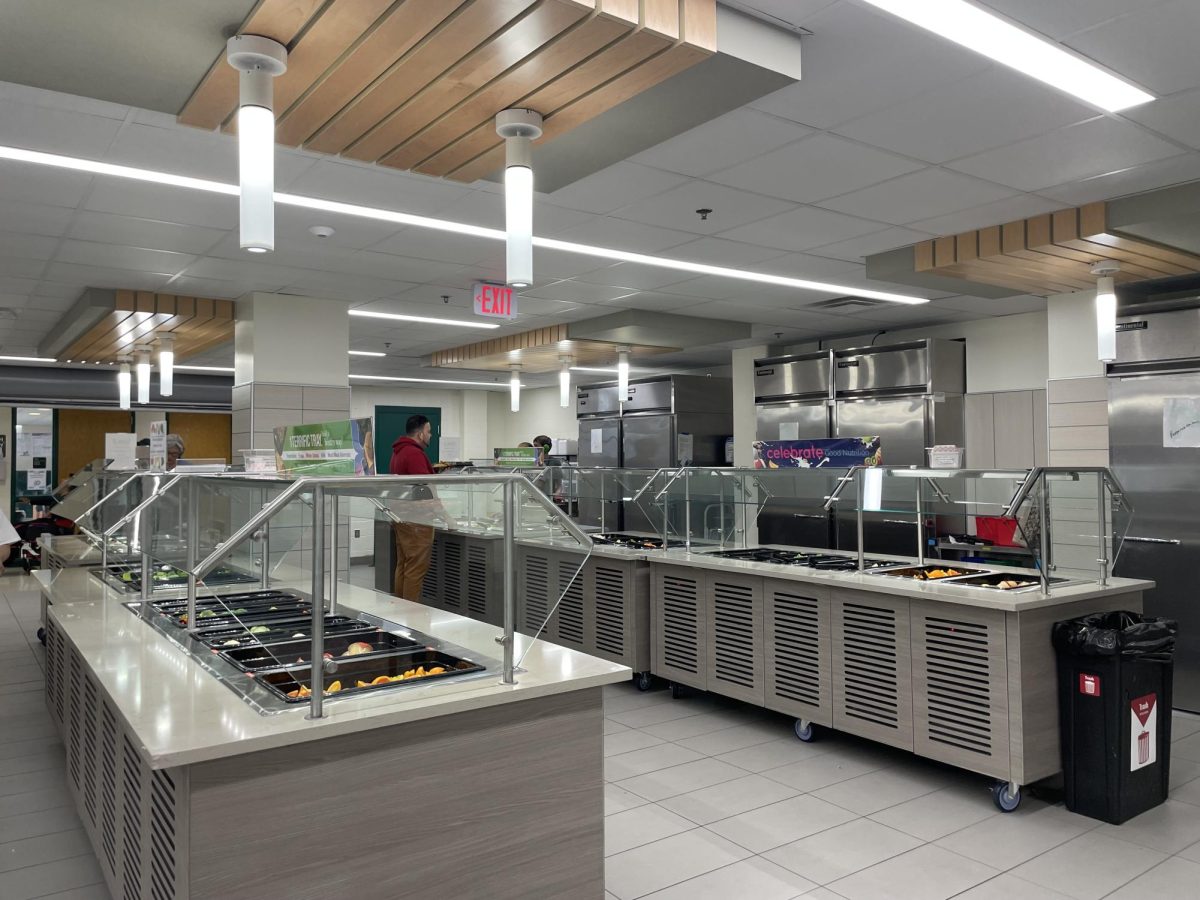
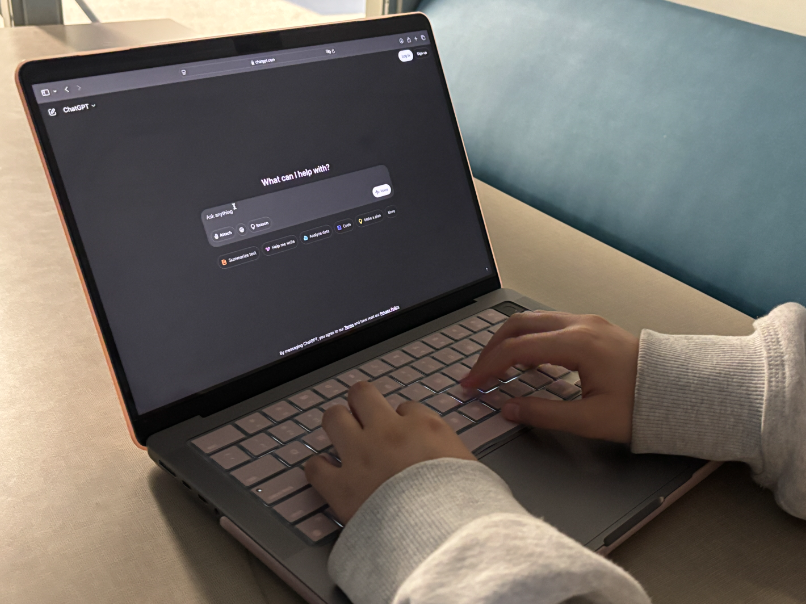










![[DEBATES] Prestigious colleges: value or hype?](https://www.mvviewer.org/wp-content/uploads/2024/12/buildings-1200x654.png)
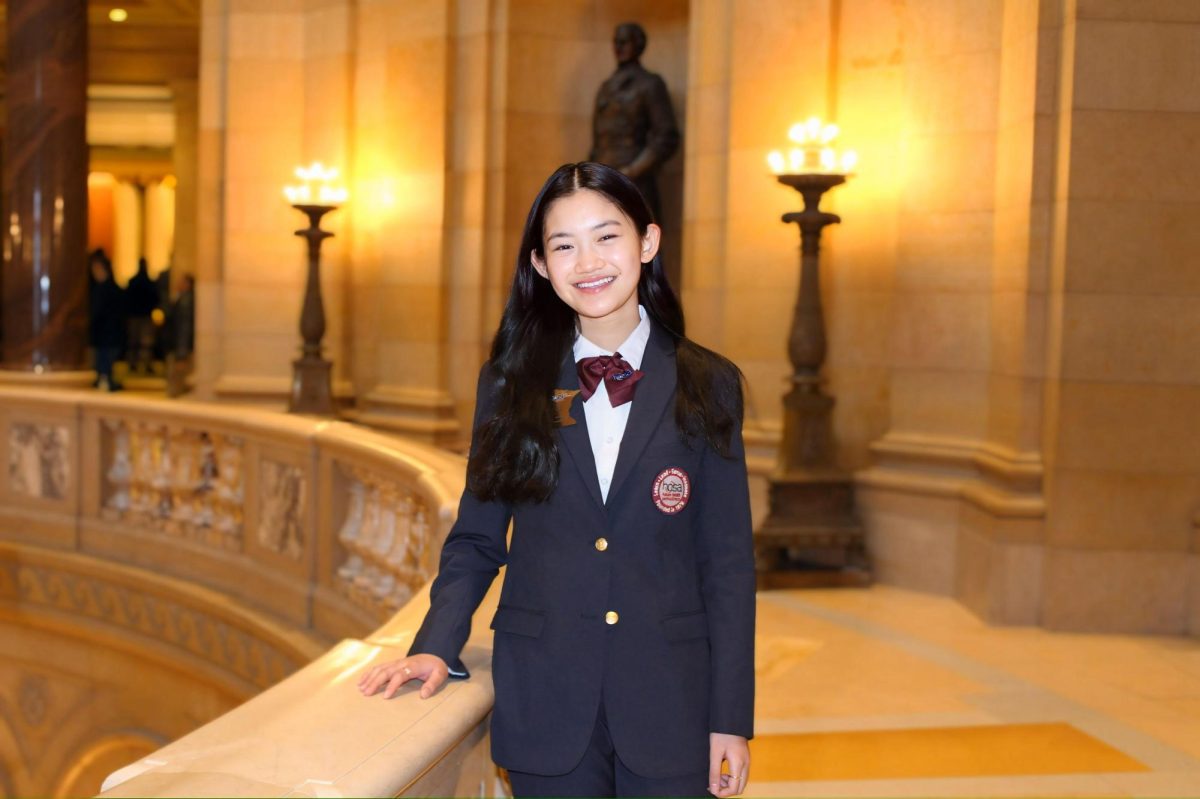

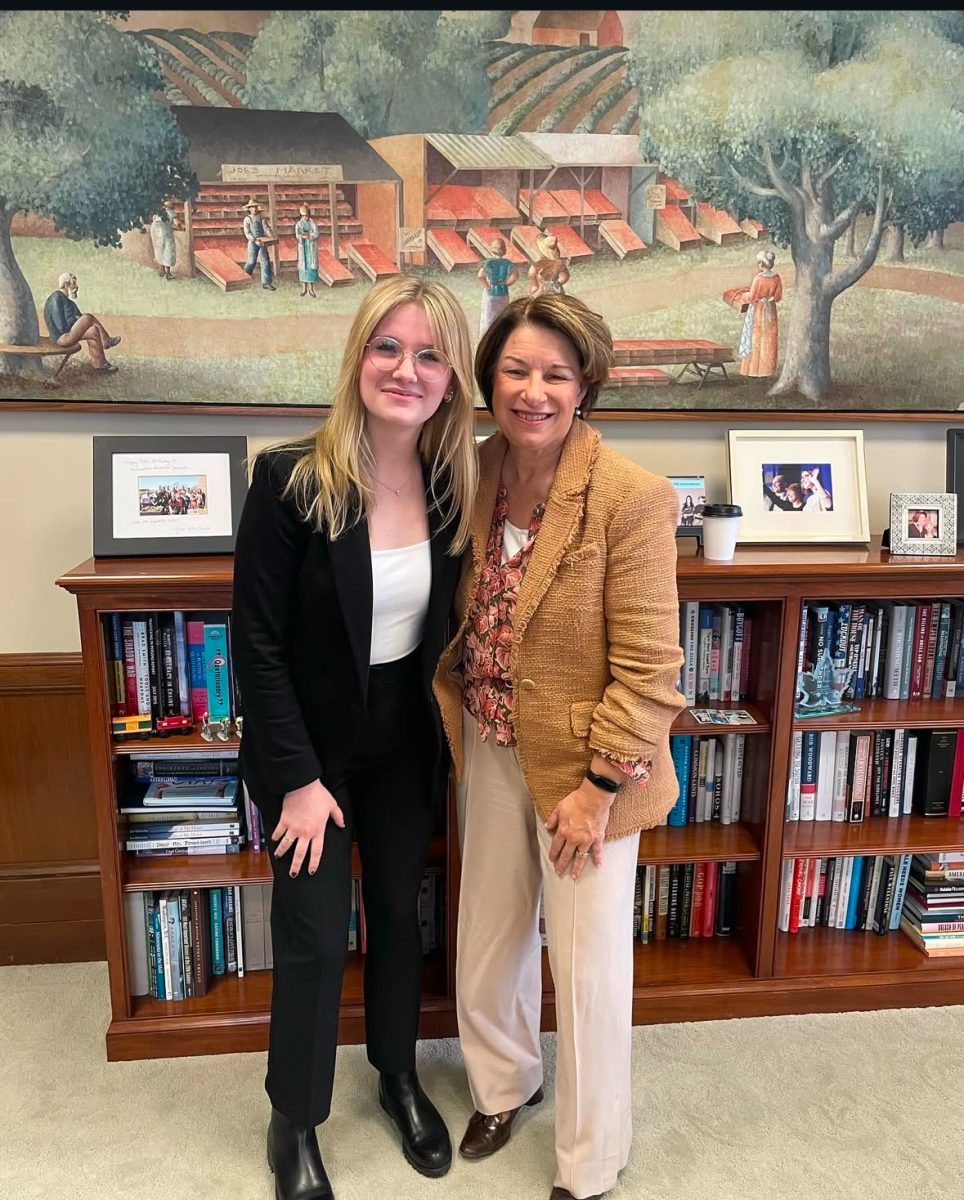
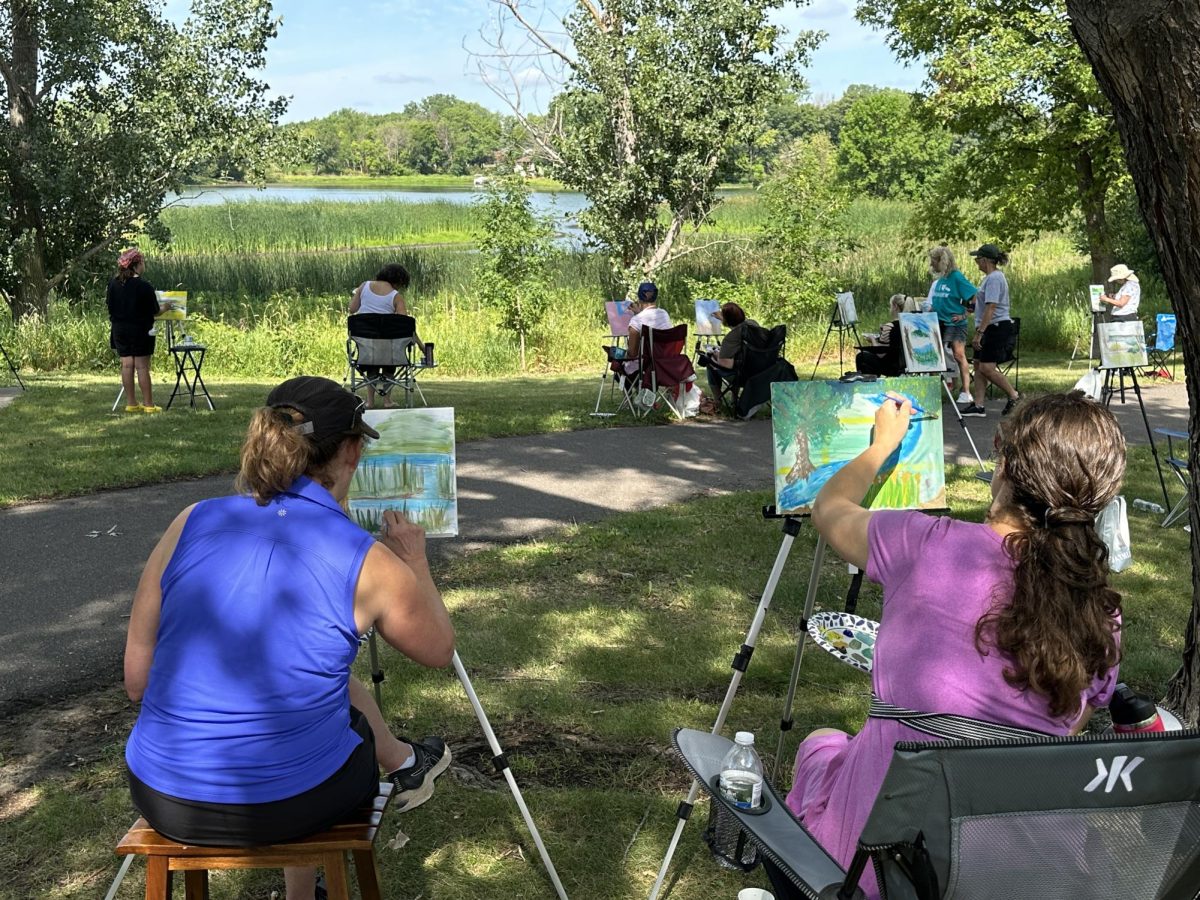
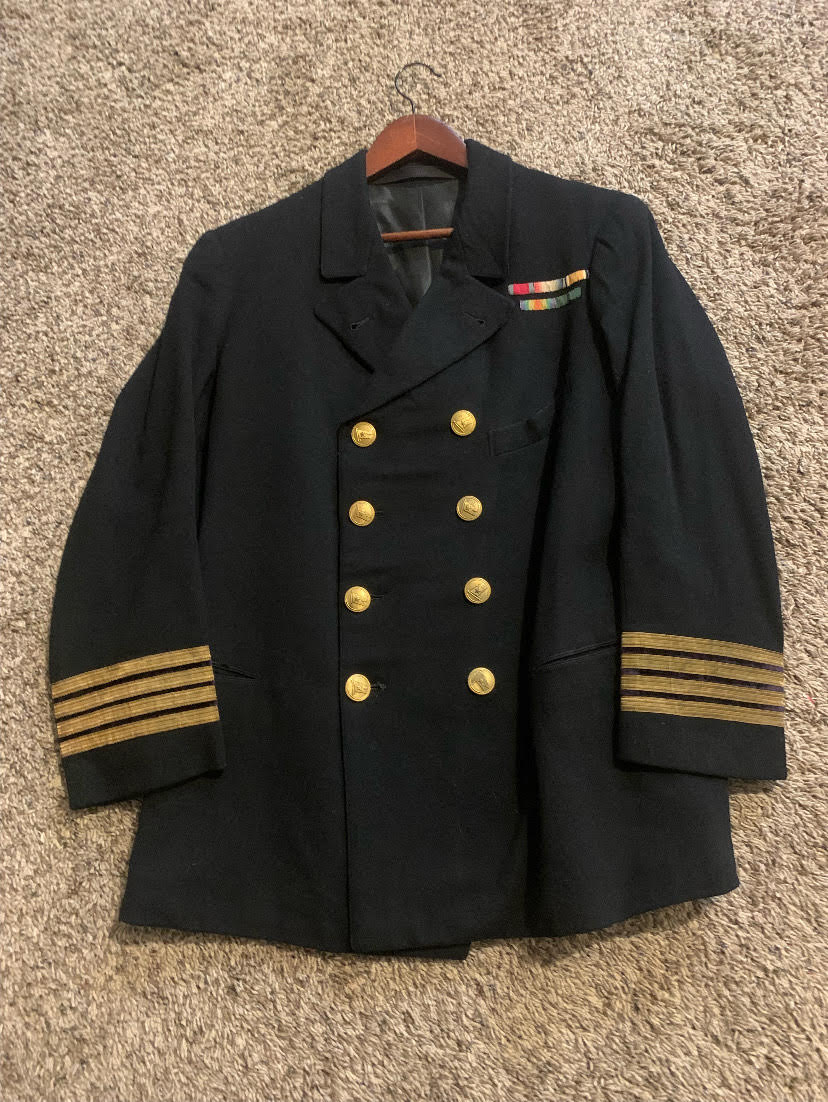






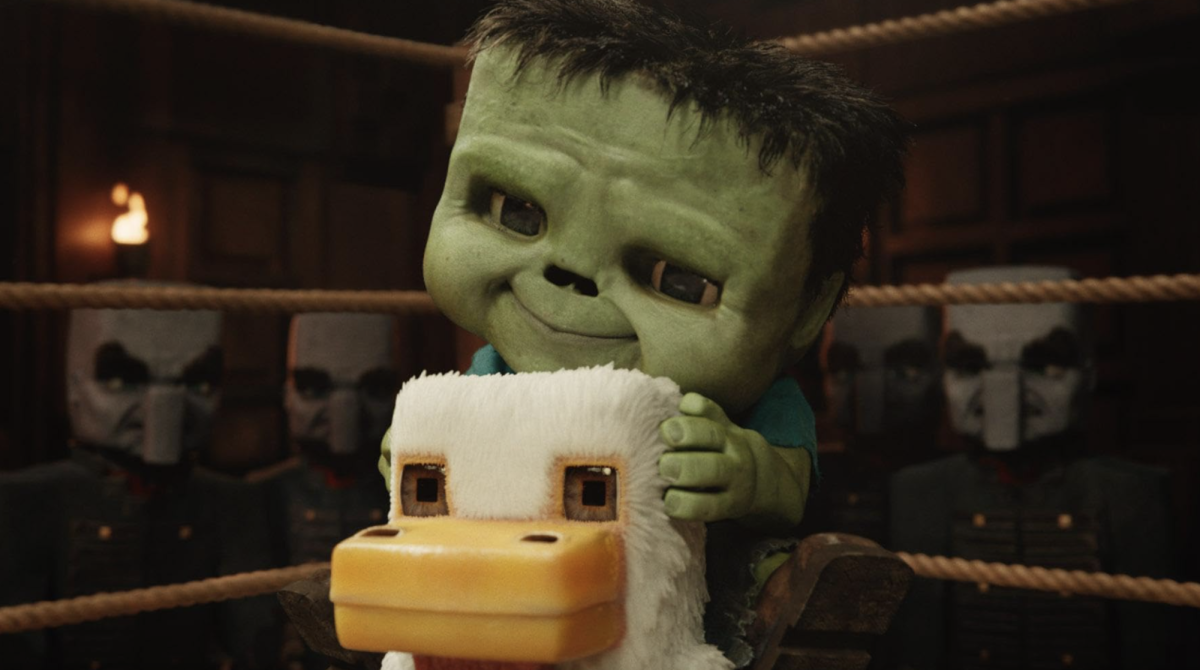



















![[OPINION] The dark origins of TikTok's looksmaxxing trend](https://www.mvviewer.org/wp-content/uploads/2024/02/Copy-of-Copy-of-Untitled-Design-1200x675.png)


